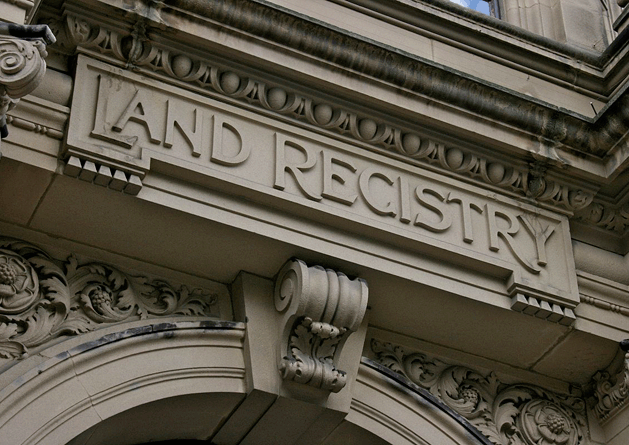This has been a bit lost in the Brexit aftermath. But it is an important guide to the right-wing agenda which triumphed on 23rd June and has been gathering speed since 2010.
The Land Registry, the public body which is effectively the state guarantor of land ownership in England and Wales, confirming the legal basis for owners of the land on which their properties stand, is once again the subject of the Chancellor of the Exchequer’s roving eye.
He wants to privatise the Registry, which last year turned a profit of £100m and has made a surplus in 19 of the past 20 years. All of which came to us, the citizenry of England and Wales. But more importantly, the Registry, established in 1862, establishes beyond doubt the legal ownership of land in a way which does not allow for any dispute – in this area of potentially massive dispute. Its probity has never been questioned.
There was a Parliamentary debate about it on 4 July and the Government is making soothing noises. But lets be vigilant.
The Government has form in this matter. It tried to privatise the Registry in 2014 but Vince Cable vetoed the sale. Despite a massive public campaign against the sale then, and now (300,000 signatures against), the Chancellor seems to be eyeing the £1.2 bn price tag. This though the folly of handing a quasi judicial function to a private company dedicated to profit should be obvious to a fairly mean intelligence.
David Lammy MP, who has led the Parliamentary charge against privatisation, says: “It pays rich dividends to the public purse and there’s absolutely no reason why it should pay dividends only to wealthy investors and shareholders in the future.”
He says that a sell-off would also defeat steps to tackle institutional tax avoidance with a private company able to shield data.
The political significance of this proposed sale is immense. The Registry was set up at a time when the enclosure of the English countryside was almost complete.There was no more communally used land. The flight of the landless peasants, whose family economies had been ruined by the removal of grazing for a cow, a bit of gleaning, the work of the wives, fed the industrial Revolution.
Enclosure by Parliamentary Act – by which the major part of land was enclosed – led to higher land rents and redistributed income from farmers to landowners. Landowners shifted the weight of taxation to other groups and protected their new higher rents politically.
Which brings us to today. Property owners at the higher end of the market are similarly anxious to avoid tax and, a modern twist, scrutiny of their financial affairs. Buying the Land registry is a logical step for this interest group. It would not be long before charges for checking on ownership, or registering property, soared. Difficulties would be placed in the way of investigative journalists wanting to confirm ownership.
It is after all no accident that the companies sniffing around to buy the Registry are all associated with tax havens. This potential sell off is not just a crude attempt to raise money for the Treasury, nor even a Conservative ideological position. It is far more serious. It is the final piece of the take over of English land by unregulated capital.
Photograph by Mike Peel (www.mikepeel.net)., CC BY-SA 4.0, https://commons.wikimedia.org/w/index.php?curid=7910508














